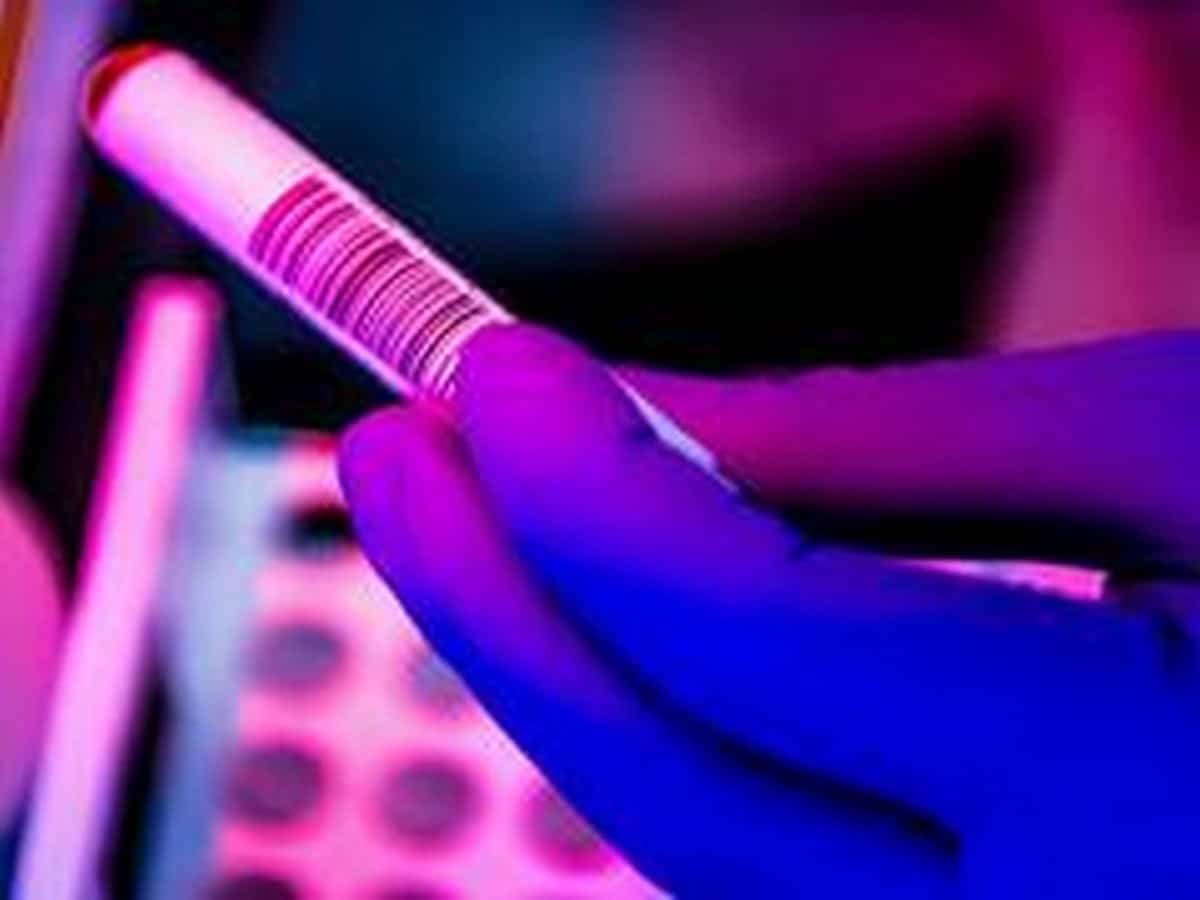New Delhi: Researchers at the Jamia Millia Islamia (JMI) have developed a saliva-based testing kit to detect COVID-19 which can display results within an hour, a statement from the varsity said on Monday.
The team of scientists from the Multidisciplinary Centre for Advanced Research and Studies (MCARS) at JMI along with experts from other institutes has developed an RNA extraction-free saliva-based detection technology for COVID-19, said.
A person can put their saliva sample into the kit and within an hour, it will display the results. The researchers are also planning to link it to a mobile application so that if the person is not able to infer the results on the kit, then the app will alert him with the results, researchers said.
The technology is named MI-SEHAT (Mobile Integrated Sensitive Estimation and High- specificity Application for Testing) and can be used as a point of care (POC) device for COVID-19 detection in the field with a provision for at-home testing, the statement said.
Dr. Mohan C Joshi, an expert who is part of the team, claimed that the smartphone-enabled POC prototype has been developed and validated using synthetic SARS-CoV-2 RNA, which displays results within an hour without the intervention of a technical expert.
He said in such a difficult time when the rapid diagnosis of COVID-19 remains the effective measure to contain and manage the viral spread, cost-effective rapid testing of SARS-CoV-2 RNA remains the gold standard.
“The available standalone or integrated PCR-based detection kit remains confined to the sophisticated instrumental diagnostic laboratory setup and takes a minimum of two to three hours in providing the result with the need for error-prone RNA extraction step,” he said.
Ph.D. students, MD Iqbal Azmi and Md Imam Faizan at MCARS, JMI have benchmarked all the experiments in the laboratory which has helped the team to develop the prototype.
JMI Vice-Chancellor Professor Najma Akhtar said being a user-friendly technology, MI-SEHAT will encourage home testing and thus will restrict interaction and movement of COVID-19 positive patients outside the home.
“Further, it will reduce exposure of our healthcare professionals to COVID-19 positive patients who are directly or indirectly engaged in testing,” she said.

